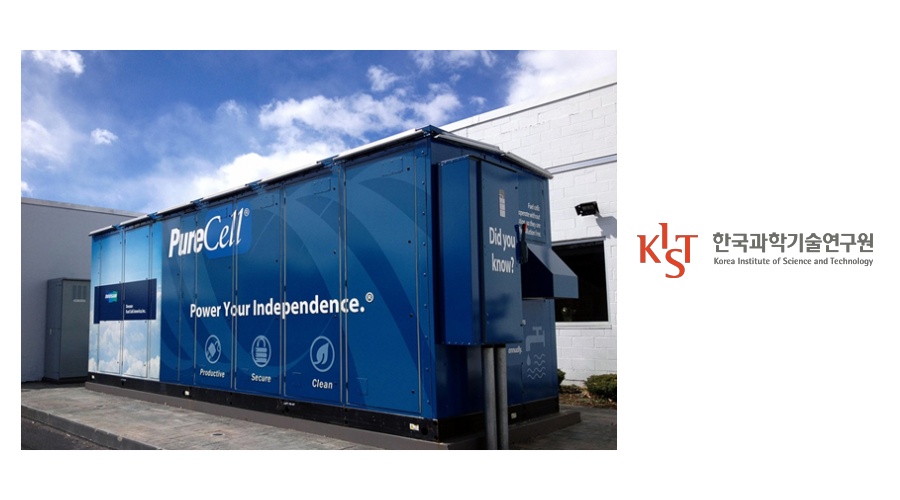
- Hydrogen Fuel Cells Expected to be Used for Large Vehicles and Vessels
In the hydrogen vehicle industry, polymer electrolyte fuel cells are used as a type of hydrogen fuel cells and ion-exchangeable polymer membranes are used as an electrolyte in those fuel cells. The cells are characterized by being light in weight and quickly operable. In addition, the cells are expected to be used in trucks, trains and ships as well as the electrochemical reaction in the cells is accelerated at a higher temperature of operation.
One hurdle is that the polymer is exposed to moisture evaporation and a decrease in ion conductivity at a temperature of 100 degrees Celsius or more. This means additional systems for cooling and moisture supply are required for a continuously high performance. This necessity causes an increase in weight and a decline in efficiency and this is why those cells are yet to be used in trucks, trains and ships.
The Korea Institute of Science and Technology (KIST) announced on May 19 that the Los Alamos National Laboratory and itself developed a technique with which the performance of polymer electrolyte fuel cells at high temperature and zero humidity can be maintained even without such additional systems.
The new technique is to give a microporous structure to ion-conductive ionomers currently in use as electrolytes in polymer electrolyte fuel cells. “With the ionomers used as an electrolyte, ion conduction is possible even without water and the electrochemical reaction is fast even at high temperature and zero humidity, and the fuel cell performance can be further improved based on higher hydrogen and oxygen accessibility,” the institute explained, “As a result of our research, the ionomers were given a microporous structure and the accessibility was enhanced to lead to fuel cell performance enhancement.”
SOURCE: BusinessKorea
Read the most up to date Fuel Cell and Hydrogen Industry news at FuelCellsWorks




